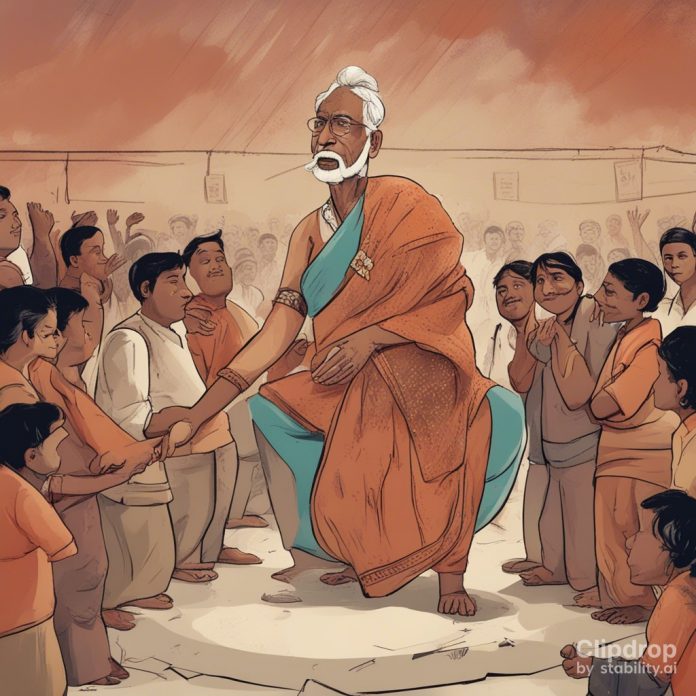Introduction
In the realm of politics, where ideas, policies, and visions collide, winning the hearts and minds of voters is an art form. The political landscape is often filled with statistics, debates, and policy papers, but at its core, it’s a human endeavor. It’s about connecting with people on an emotional level, and one of the most potent tools for achieving this connection is storytelling. In this blog, we will explore the profound impact of storytelling in political campaigns, how it inspires, connects, and ultimately, wins votes.
The Human Connection
At its core, politics is about people – their dreams, fears, aspirations, and grievances. Successful politicians understand this, and they recognize that connecting with voters on a personal level is crucial. This is where storytelling comes into play. Stories are a universal language that transcends demographics, party lines, and ideologies. They allow politicians to tap into the shared human experience and create an emotional bond with their audience.
Inspiration Through Narratives
Every political campaign has a central message, a vision for the future. While facts and policies are essential, they often fail to resonate deeply with voters. Stories, on the other hand, have the power to inspire. When politicians use stories to convey their vision, they make it relatable and tangible. They breathe life into their ideas, showing voters what is possible and why it matters.
Consider the story of Franklin D. Roosevelt during his presidency. In his fireside chats, FDR used storytelling to explain complex economic policies and reassure a nation reeling from the Great Depression. His tales of ordinary people facing extraordinary challenges created a sense of hope and unity. Stories like these inspire people to believe in a brighter future and motivate them to support a candidate who shares that vision.
Building Empathy and Relatability
Empathy is a powerful force in politics. When voters feel that a candidate understands their struggles and experiences, they are more likely to trust and support that candidate. Storytelling is the bridge to empathy. By sharing personal anecdotes or stories of constituents, politicians can show that they are in touch with the concerns of everyday people.
Barack Obama’s 2008 campaign is a prime example of this. He often spoke of his own background and experiences, weaving his personal story into the broader narrative of hope and change. This made him relatable to a wide range of voters and allowed them to connect with him on a personal level.
Winning Hearts and Minds
Ultimately, the goal of any political campaign is to secure votes. Storytelling plays a pivotal role in this process. When voters feel a genuine connection with a candidate, they are more likely to support that candidate at the ballot box. Stories create a lasting impression and can sway undecided voters.
In recent years, we’ve seen how social media has amplified the impact of storytelling in politics. Candidates can now share their stories directly with a global audience, bypassing traditional media gatekeepers. These personal narratives, whether in the form of a well-crafted tweet or a heartfelt video message, can go viral and shape public opinion.
Conclusion
In the tumultuous world of politics, the power of storytelling is undeniable. It inspires, connects, and ultimately, wins votes. Successful politicians use stories to convey their vision, build empathy, and forge a deep connection with their constituents. They understand that behind the policies and debates, politics is fundamentally about people and their stories.
As we look to the future of political campaigning, storytelling will continue to play a central role. It will be the tool that enables politicians to bridge divides, build trust, and lead with authenticity. So, whether you’re a candidate, a strategist, or a voter, remember the enduring truth: stories have the power to change the world, one election at a time.

